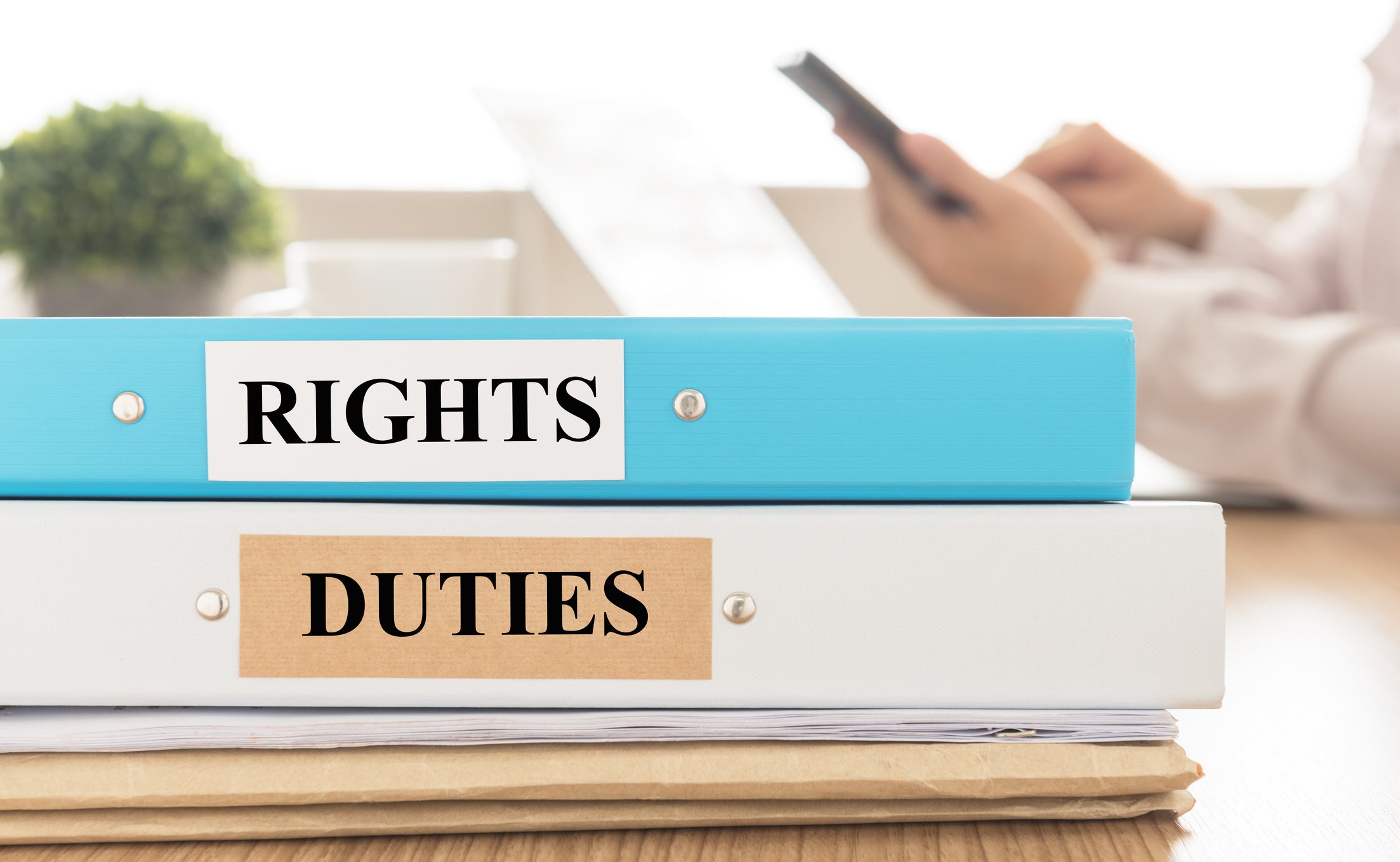Last Tuesday’s Columbia County Commission meeting is a good example of why public journalism is a bad idea and also of why ALL citizens should really invest time in a deep study of American political history.I know, I know. Not everyone is an egg-head blue-stocking with the leisure to do deep dives into our founding documents or Supreme Court decisions. I get that, but if you’re going to a) become a public servant and b) play at journalism, you really have an obligation to yourself and your publics to know what the heck you’re doing and talking about.
No doubt you’ve heard about the sparring between Columbia County Commissioner Trey Allen and Karin Parham, CEO of Freedom to Read Coalition of Columbia County. If you haven’t, the gist is this: Parham, who runs the Columbia County Observer Facebook page and Substack, spoke to the anticipated change of the Columbia County library system from part of the state library system to its own regional system. She really had come armed to protest pulling the country libraries out of the state system and setting them up as independents.
The First Amendment
As part of her presentation, Parham accused county commissioners of violating the First Amendment by allowing all the recent machinations about library holdings and book locations. Allen, who I suspect, didn’t appreciate being accused of violating the U.S. Constitution (the Georgia Constitution also has a guarantee of free speech that’s quite eloquent. Given that libraries are state institutions, that might even be a better provision to argue from) asked Parham if she knew what the First Amendment says.
And herein lies the rub. She didn’t. Or, if she did, she couldn’t think of it when the spotlight was on her and the rubber was hitting the road.
Now, in Parham’s defense, she admitted to additional questioning by Allen that she is not a journalist and therein lies the other rub. Once upon a time, individual citizens might write letters to the editor, but they didn’t have access to the technology needed to address mass audiences. But then, the Internet arrived, and as individuals gained greater access, they took to the ether and started “covering” events and publishing opinions. A new form of journalism arose called “public journalism.” Conceived by real egg-head blue-stockings like Jay Rosen at New York University, public journalism was supposed to save the day for declining news organizations in the days when readers were first turning from traditional media to digital media. Allowing members of the public to cover stories and submit them to newspapers and TV stations would improve public engagement and save the industry.
Except, it didn’t. Public journalism opened the opportunity for untrained individuals to take to the ether with unedited stories and unverified information that might or might not be up to professional journalism standards but that readers and viewers, untutored in the differences, considered on par with what a professional journalist would put out.
I applaud Parham’s passion for informing the public. It’s one I share and have for most of my life. The difference between Parham and me, though, is that when I decided on a journalism career, I knew I had to educate myself on the field. That was my responsibility before I started my career. I went back to school, got two degrees in journalism and spent years working as a reporter and editor (not to mention 30 years of teaching journalism on the collegiate level), just like the other journalists at the Augusta Press. But we work differently from a public journalist. Our work is informed by years of studying and living according to professional ethics and standard practices that have developed through the years so that we work with the public good as our goal. Well, as one of our goals. The other is not to get sued, and so we spend a lot of time studying the First Amendment and related case law so we know where the lines are that we can push and where the ones are that we can’t.
Obscenity law
One other point. Parham and Allen also touched on obscenity law in their tiff. Allen was arguing there is no right to put obscenity in the library, and Parham argued back that there was nothing obscene in the library.
Without realizing it, their argument was grounded in how obscenity is defined under the law. Allen cited Roth v. U.S., a 1957 U.S. Supreme Court decision that gave us our first obscenity standard. Roth found that obscenity is not protected by the First Amendment and defined obscenity as lacking any socially redeeming value as judged by “contemporary community standards.”
So, there’s a sticky wicket. How are community standards decided? The Court played with that question through a series of cases up until 1973 when they threw out the Roth test and created a new, three-point test for obscenity in Miller v. California.
To be considered obscene under the Miller Test, a work must first appeal to a prurient interest. Prurient means being excessively and shamefully interested in nudity, sex, excretion or something that arouses lewd or lascivious thoughts or desires. Second, the work must describe or depict sexual conduct or excretory functions in an offensive manner. That is, an objective, textbook description of, say, how an egg is fertilized, is not likely going to be considered obscene because it’s not done in poor taste. Third, if the work must lack any serious literary, artistic, political or scientific value if it is to be considered obscene. So, for example, nude paintings are generally not obscene because of their artistic value. Think Venus di Milo or the statue of David.
A lot of the acrimony last Tuesday could have been avoided if both Allen and Parham were better schooled in the matters they were trying to talk about. Those arguments about egg-head blue-stockings just don’t hold up when we’re talking about civil and civic rights. If Americans want to claim their political rights, they really, really, really need to know what they’re talking about. And Americans who not only want to claim those rights but lead public discussions and make decisions regarding those rights on behalf of the public have an affirmative obligation to know what they’re talking about.










